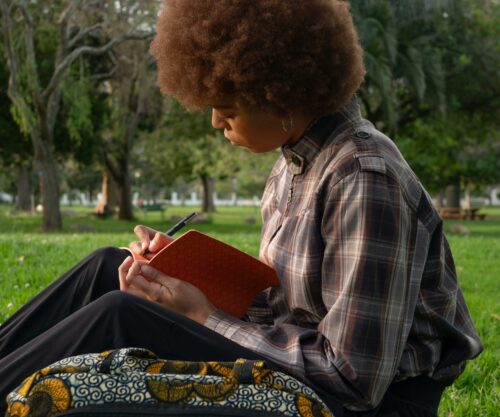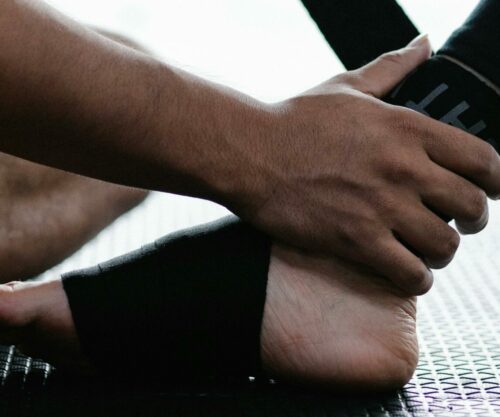
Everyone occasionally suffers a collection of signs and feelings known as anxiety. Our bodies’ reaction to a perceived threat is tension, uneasiness, and fear, which can happen in a variety of situations, such as arguments with family members or stressing about a job interview.
We may find it difficult to relax as our levels of anxiety increase. Our emotions often seem out of control, but there are tactics you can study, practice, and employ to give you quick, on-the-spot relief from worry and aid in keeping your composure in tense circumstances.
Read more to explore the tricks and tips on how to calm your your anxiety according to Medical News Today.
Exercise
There are two ways exercise might reduce anxiety says the publication mentioned above. First of all, it lowers the body’s levels of stress chemicals. Second, it forces people to concentrate on the activity of exercising, which might divert them from negative thoughts.
The publication further explained that researchers discovered in 2022 that those who participated in a 12-week exercise program experienced fewer depressive and anxiety symptoms than those who did not exercise.
The exercise group engaged in resistance and cardio exercises. Additionally, those who engaged in higher-intensity exercise reported bigger improvements in their anxiety levels compared to those who engaged in lower-intensity exercise.
Listen to music
The brain’s reward systems, which promote emotions of pleasure and reduce tension and anxiety, may be activated by music.
According to one review, anxiety symptoms lessen when people are listening to music. It is not apparent, though, if the effects outlast the activity.
Based on a 2016 study, listening to music you like is the key to lowering your stress levels. This implies that enjoying a favourite song or musical style could be a quick fix for stress.
Try journalising
Writing in a journal or using other writing mediums can assist someone in organising and expressing their thoughts and feelings as well as expressing their sentiments and thoughts. It might be suggested by therapists for dealing with anxiety-related mental health problems.
Journaling is a cost-effective therapy with a low risk of adverse effects, according to a reliable source that studied its advantages. It may help other types of therapy.
Limit alcohol
In light of how frequently anxiety and alcohol consumption coexist, research points to a connection between the two. They might involve the same brain regions.
When under stress, it may seem as though drinking will ease the tension. However, alcohol won’t make anxiety go away, and drinking can make anxiety worse.
Both drinking and anxiety can have negative long-term implications if left untreated. Every person who struggles with alcohol, anxiety, or both should get medical attention.




